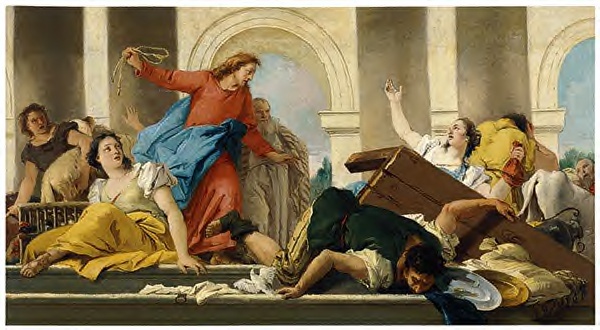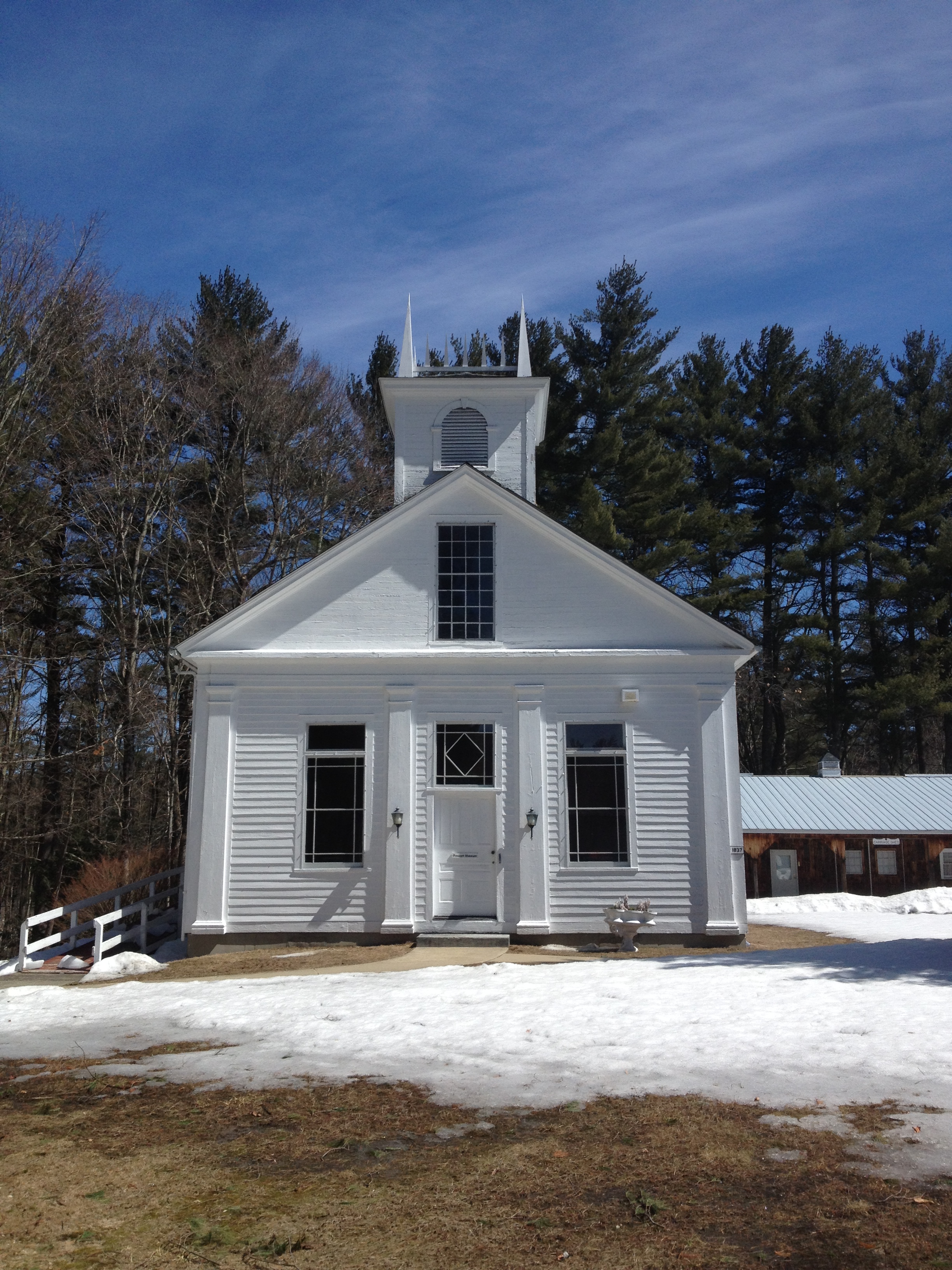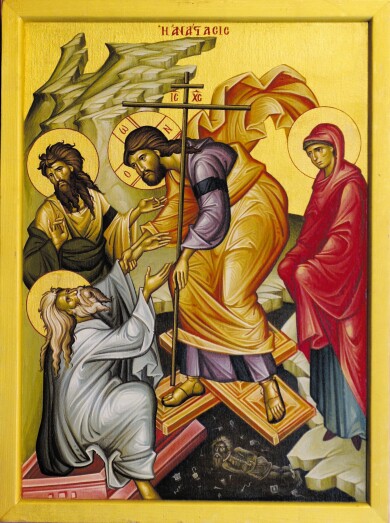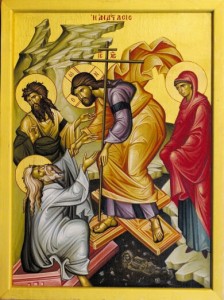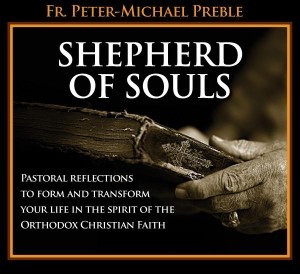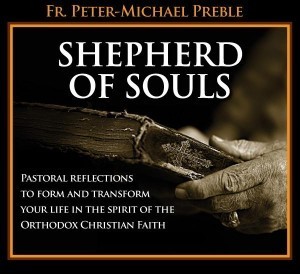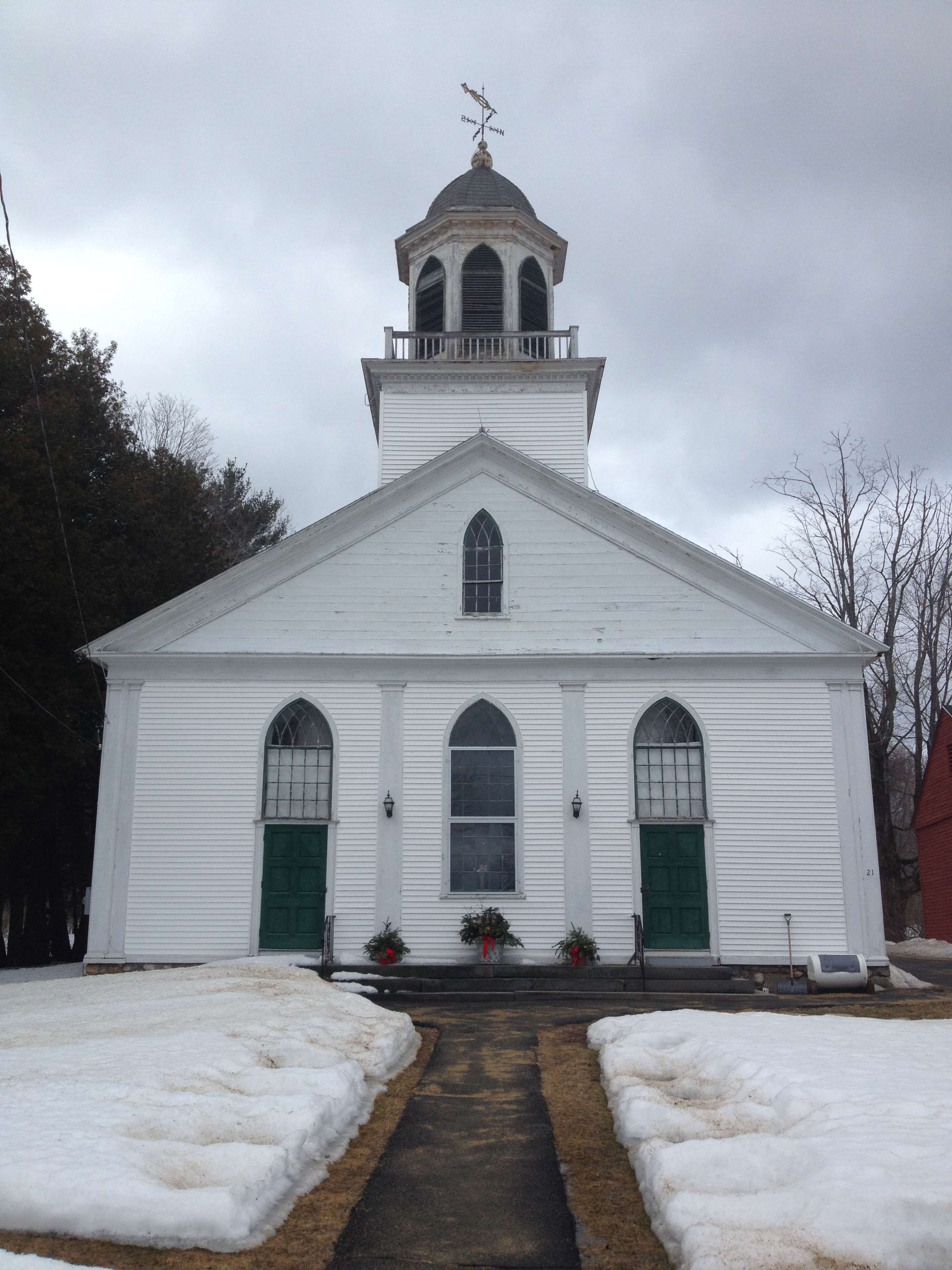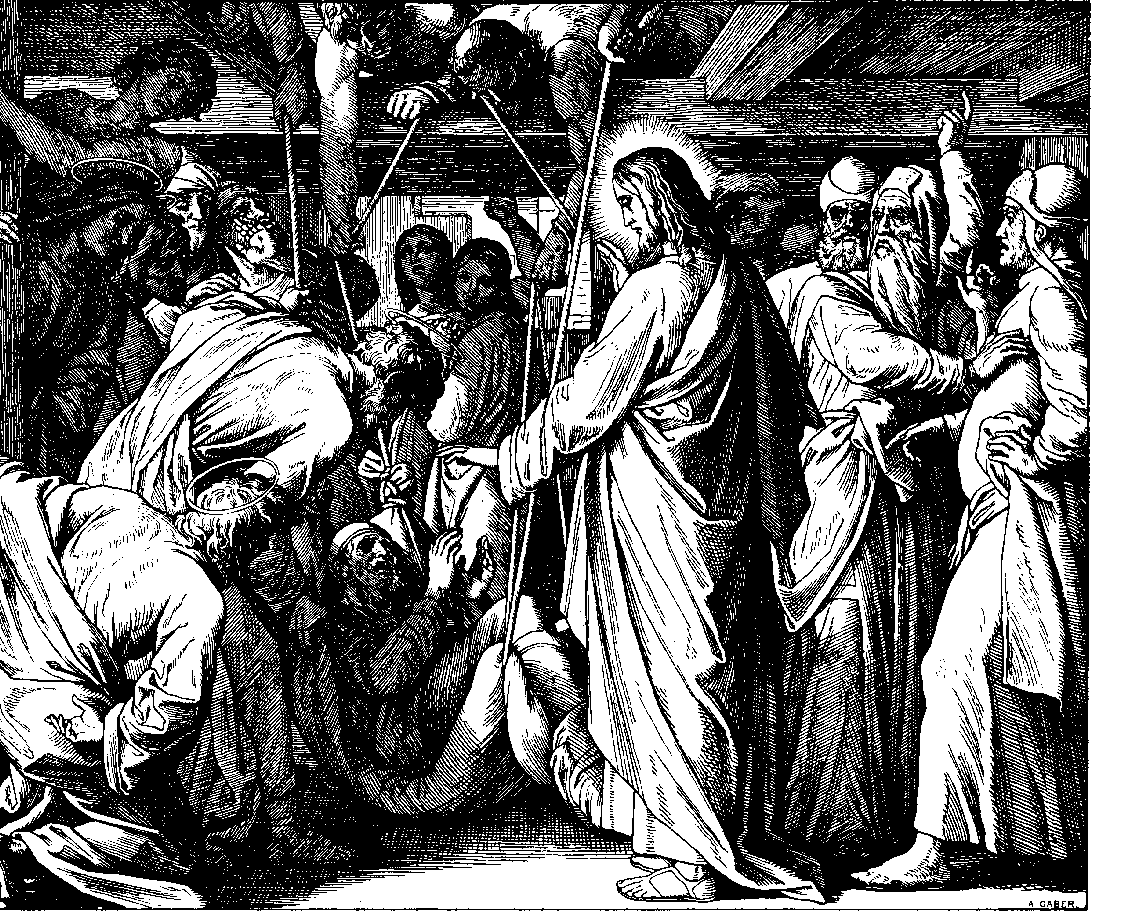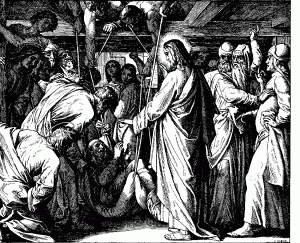I am not a big fan of biblical movies. Now I will admit I do like the 10 Commandments, but the recent, so-called, biblical movies have been more movie than the bible. However, I recently had the opportunity to watch Jesus Christ Superstar, and I find it somewhat interesting. The movie was made in the 1970’s, so it has that flavor to it, but the thing that I like about it is that it does not come across as Gospel, if you know what I mean. I think the same can be said about the 10 Commandments, but not so with recent biblical movies.
While watching the movie, I got to think about the humanity of Jesus. I think we sometimes forget that he was both human and divine and that his humanness gets lost in the miracles and the resurrection but Jesus becoming human is the point of the whole story! “And the Word became flesh and dwelt among us.” John 1:14
With this in mind, I have begun to meditate on the humanness of Jesus. After all, we are supposed to follow his example and I don’t know about you but no matter how hard I try I cannot walk on water or raise anyone from the dead. Strip away the miracles, and we are left with a very human Jesus, who is just like you and me.
One of the human stories of Jesus that I believe we all can relate too is the story of Jesus and Lazarus. Jesus learns that his friend Lazarus has died, and so he sets out to see his sisters Mary and Martha. He goes to the tomb of his friend, who has been dead for four days, and, in one of his most human moments Scripture tells us, Jesus wept. He knew that he was about to raise his friend from the dead, but he was so overwhelmed with grief, perhaps for those around him, perhaps for himself, perhaps for the world we do not know, but so overwhelmed was he that we wept for his friend. Grief and pain are all part of this life even though we know death is not the end.
For the Orthodox Christians, we are in the middle of Holy Week where we follow Jesus, as other Christians did last week, on his journey from glory to glory. He enters Jerusalem on Palm Sunday as a king and shortly after he is betrayed and denied. He faces a mock trial and an angry mob. The political leader of the day, Pilate, tries to hand him back over to the religious leaders, but they convince him that it is his duty to crucify him. In the end we have an image of a crucified Jesus, beaten and bloody from a week that none of us will soon forget.
With all of the events of Holy Week, we see Jesus at some of his most human moments. In one scene from the movie, Jesus is having a conversation with God about why he has to die. The divine part of Jesus knows full well the reason, but the human Jesus has questions. He knows what is coming, and he is scared. Scripture tells us that in the Garden of Gethsemane he is praying so hard that drops of blood fall from his forehead. In the end, his prayer is that God’s will is done and not his will, and that should be our prayer.
Hanging on the Cross Jesus looks down and sees those who have just crucified him and his prayer is that God will forgive them. This is the example of forgiveness that is for all of us. Looking upon those who have killed him, for lack of a better phrase, he is granting them forgiveness, and that is what we are required to do. If you are a long time reader of this column this should come as no surprise to you as I believe that the entirety of our spiritual journey is about forgiveness and Jesus give us the perfect example in these last moments of his death.
As we continue our Easter journey, and yes it has nor ended but only begun, meditate with me on the human Jesus and the example he left for us. Could he have accomplished what he wanted by not becoming human, possibly, but by becoming human he left us a much better example to follow.

